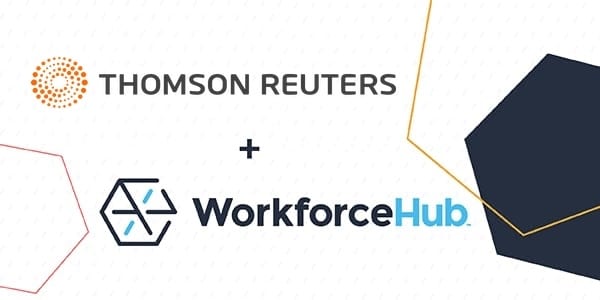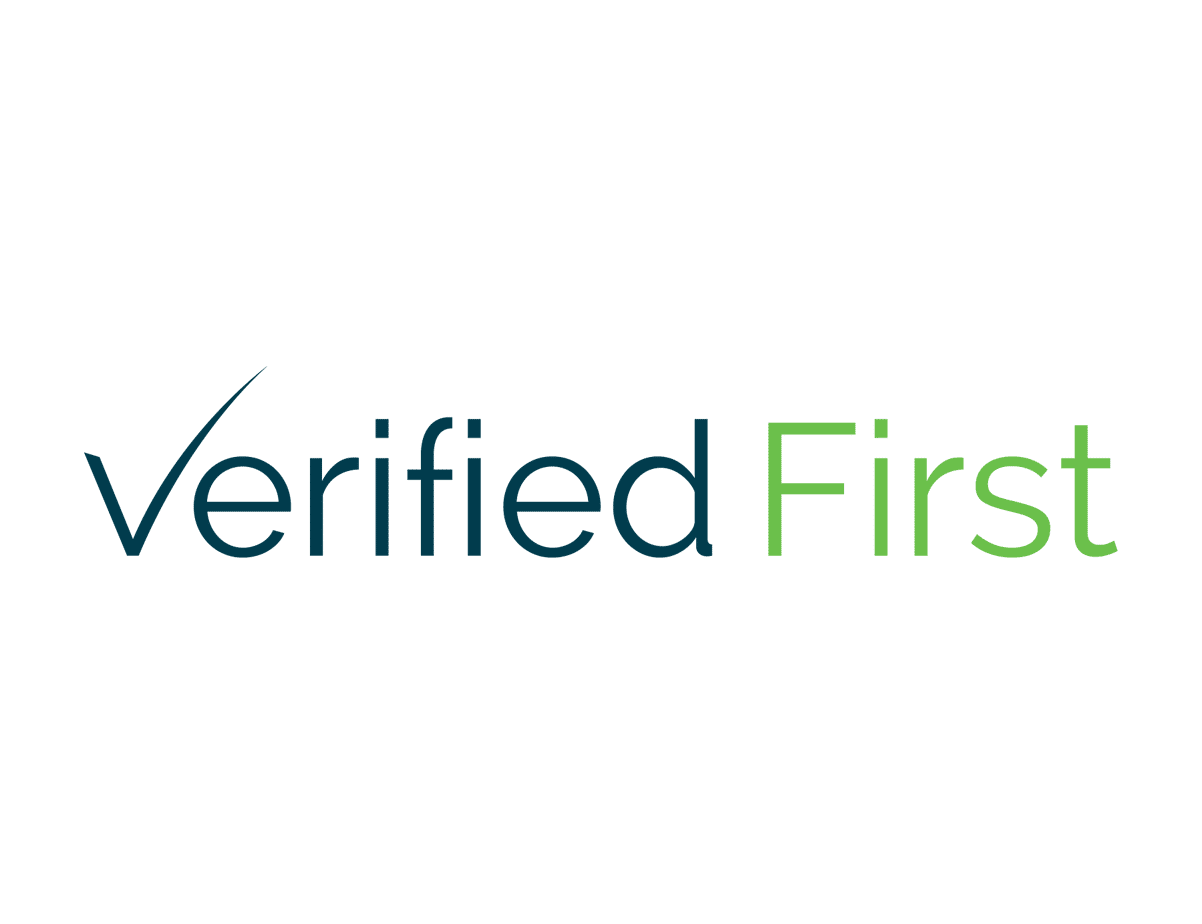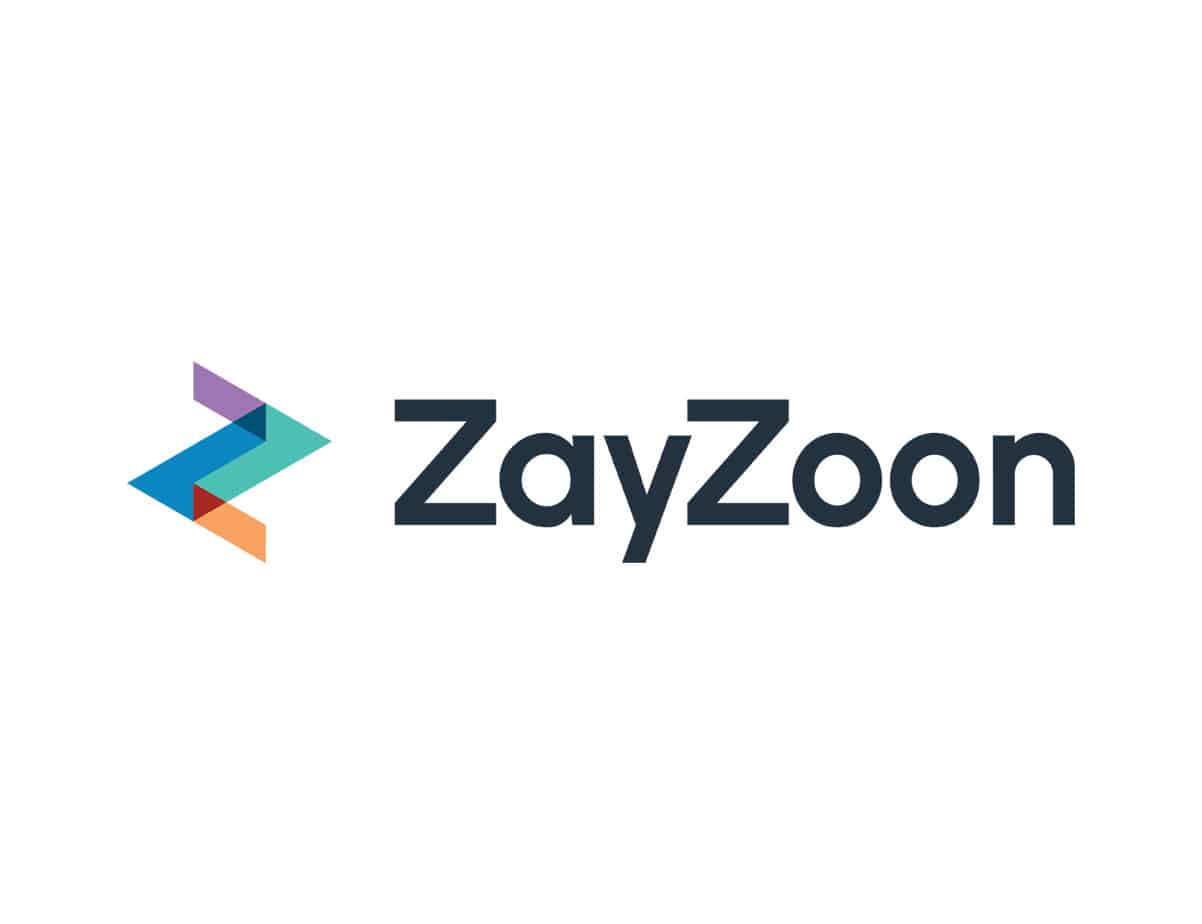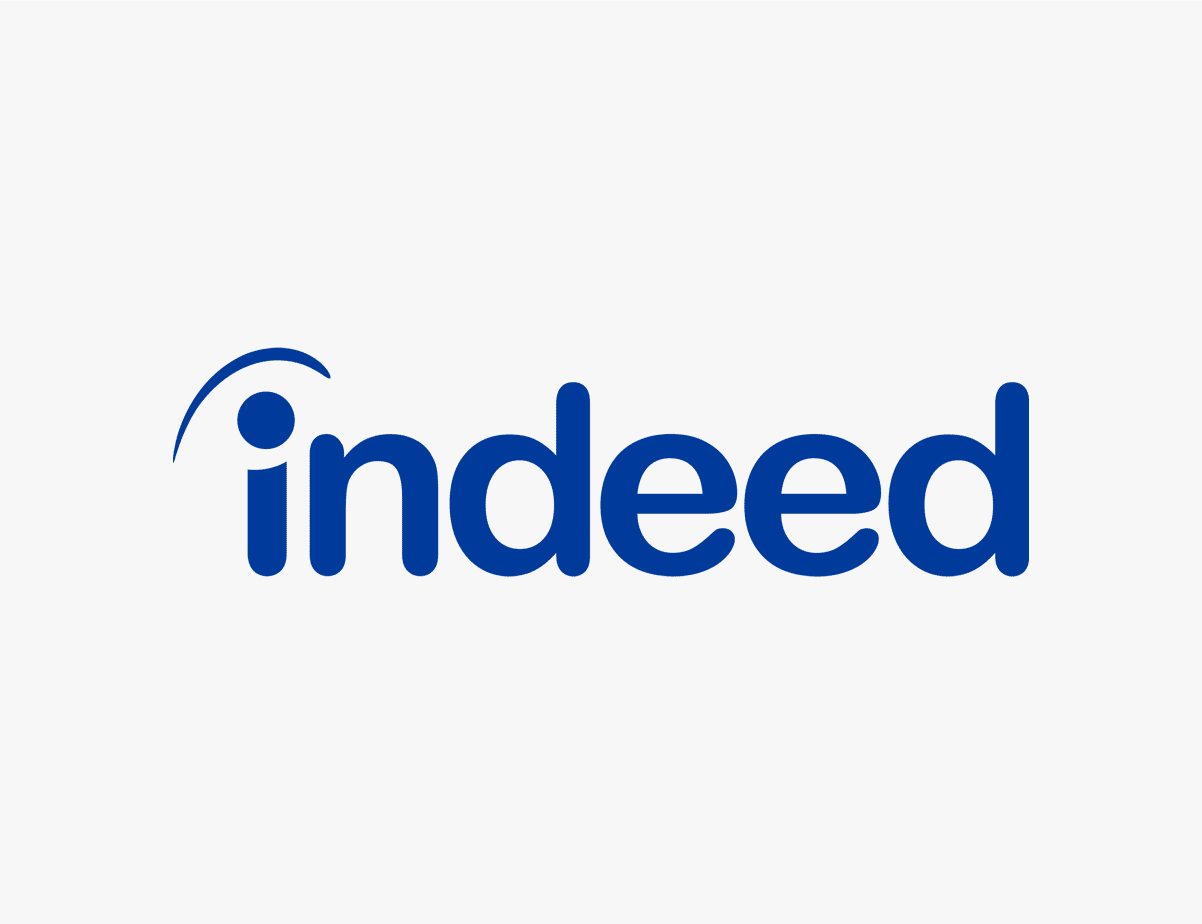Historically, unemployment for accountants has been 2-3% lower than the general unemployment rate. But that doesn’t mean it is always easy for accountants.
The Challenges of Growing an Accounting Practice
Did you know?
As many as 67% of accountants feel that the profession is more competitive than ever. Additionally, accounting continues to become more uncertain and more challenging.
Why?
Technology has greatly impacted accounting. Business owners and individuals can go anywhere to find an accountant that specializes in their unique problems and can meet their needs.
Clients can easily find an accountant across the country without leaving their business. Technology has made it so that accountants no longer just compete with the other guy down the street. Now, they compete with everyone in town and in the county. Sometimes, they are competing with accounting firms in other states for local business.
Many Small Businesses Do their Own Accounting
That’s not the only challenge!
New software makes it easier than ever for clients to “feel” like they can self-service their own accounting needs. These products empower the clients to do their own accounting for a lot less money.
Unfortunately, this means that clients miss out on the strategic, advisory, and educational roles that a skilled accountant provides.
Do your clients understand this?
- The competition is broader and more widespread than in the past
- Software competes with accounting services (but it doesn’t have to)
- If ignored, the internet is a stumbling block for accountants
- Clients are more educated about accounting
Here are several key steps you can take to grow your accounting business.
1. Better Communication is Key to Growth
George Bernard Shaw said: “The single biggest problem in communication is the illusion that it has taken place.”
Do you send out a form letter or a newsletter and consider it communication? After answering questions on a phone call, do you count that interaction as touching base?
Equally important, do you try to understand each client’s individual needs? Similarly, have you effectively communicated how you can help?
Utilize Multiple Communication Channels
How do you communicate with your clients?
- Face-to-face appointments
- Phone conversations
- Letters
Have you considered using technology to communicate with your clients?
In the traditional model of accounting service bureaus, the majority of communication is done via office appointments. Although face-to-face communication is important, it can detract from the quality of your communication.
The key is to be strategic about communication. New technology makes it simple for you to have face-to-face meetings online. Many meeting services are free, including Google Hangouts and Skype.
Virtual Meetings Can Help You Better Serve Your Clients
Of course, in-person meetings will continue to be important. But meeting virtually can satisfy a need without causing your schedule to get overwhelmed.
In fact, you can schedule online meetings as 15-minute consultations. Certainly, if you do this throughout the year, it can save your clients lots of time.
Furthermore, electronic meetings provide a deeper personal touch than emails or even phone conversations. This meeting format also helps you to maintain more control over your schedule than face-to-face meetings.
Business Owners Expect 24/7 Self-Service Access
As a matter of fact, today’s business leaders expect increased communication, even instant access. That means on days you are tied up with back-to-back appointments, your clients are stressing out and talking to the competition. Instead of taking this risk, consider communicating via instant messenger as a way for you to provide quick answers to client questions.
Of course, if the issue looks more complicated, then schedule an online or in-person meeting. Doing so improves the connection between you and your client and reminds them of how much you value them.
Don’t forget: Because phone calls are a great way to stay in touch, consider a 5-10 minute call instead of a lengthy email. Although emails are good for checklists and detailed information, they shouldn’t be used to replace conversations.
Picking up the phone can save you the time spent composing the email and allow you to be clear in your answers.
Consider the following communication methods:
- Virtual face-to-face conversation with Zoom, Teams or GoTo Meeting
- Instant messaging vs. emails
- Phone calls vs. emails
- The personal touch
- Written correspondence
2. Educate Clients by Being a Thought Leader
In today’s information age, clients can find an answer to nearly any question online. But while the information may be accessible, it could also be incorrect. In fact, the answer may come from one of your competitors.
it’s essential to set yourself apart as a thought leader while involving clients in your efforts. Start by providing plenty of education on your website.
Did you know?
33% of adults search the internet for information instead of trying to remember something!
Here’s a question to ask yourself:
When your clients search for accounting answers, are they going to your website? Do your clients check your website to learn about updates to new laws and regulations?
Try this:
Educate your clients through informative blog articles. This effort will build you up as a leader and a trusted resource. If your clients visit your competitor’s website for information, how long do you think it will take for them to migrate their services away from you?
Seminars and Lunch-and-Learn Events
Another way to set yourself apart is by hosting seminars and lunch-and-learn events. These events can highlight a keynote speaker and cover an array of subjects.
Here are a few topic ideas you can cover:
- New regulations: How they work and what to be aware of
- Tax changes: How to plan now in your business for the new year
- Payroll: Mistakes to avoid, and the software that makes it easier
- Compliance: Don’t make these important employer mistakes
- Timekeeping: Vital to accounting
- Important topics: Related to your services or industries
- Employee benefits: Prioritize the most popular ones
Seminars should provide valuable education. Remember, they can directly correlate to services you already provide. Of course, they can also educate more broadly. Regardless of the topic, the events you choose to host or participate in should set you apart as an accountant that understands the problems facing members of your target audience. Ultimately, they help you become a trusted advisor.
3. Specialize and Create a Niche
You’ve probably heard before how important it is to specialize. Certainly, specialization makes you more competitive and more attractive to clients.
Fortunately, there are many ways you can specialize.
First off, you may need additional training or certifications. For example:
- Insolvency
- Tax
- Auditing
- Consulting
- Payroll
- Startups
- IT audits
- Business valuations
You could also assess patterns among your existing clients. Create a landing page or category on your blog around the niche you want to target and write several blog posts on the topic.
A niche doesn’t have to focus solely on your accounting skills or services. It can also include the industries you serve or your geographic location. Accounting skills are universal, but focusing on an industry creates awareness and experiences that are unique.
An industry-focused niche could include anything from restaurants to auto body shops, technology to service-oriented businesses. One of the benefits of learning an industry well is that it creates a referral base. Once customers realize that you understand their industry, they refer other associates and colleagues to you. Plus, when you understand an industry, you can target trade groups and associations for the industry also.
The same is true for geographical location. For example, accounting firms near a port may be more experienced in import/export issues. Midwest and rural accounting firms could focus on the agricultural industry, while southwestern firms may be more aware of cultural and immigration concerns. Firms along the border may be better suited to provide advice for international taxes.
4. Make Room for Growth
Which clients are slowing you down?
You can only work as fast as your clients will allow. Do your clients embrace new technology that allows you to work faster? Are manual processes slowing you down?
It’s important to understand that there is a difference between being busy and being billable. Therefore, take a look at your clients and activities.
Perform a Client Base Audit
Which clients take up a large chunk of your time but generate little revenue? Identify clients who are old-school and resist technology. For example, do you have to print and mail tax returns or do your clients love electronic copies? Clearly, there is a large difference in expense and time cost.
Consider this:
Look at how much of your time, or your staff’s time, is spent on activities that aren’t billable. Also, consider the amount of time you spend on repetitive or paper-pushing activities. Bottom line, look at the processes that slow you down.
Next, take a look at your client base. Make a list of your clients in order of revenue generation. Start at the bottom of the list and work your way up. You’ll recognize which clients take up more of your time without paying for your services.
Next, identify which clients pay on time and require less of your time. Look at which clients refer others to you. Indeed, those clients are golden and are already advocates of your business.
Now, once you’ve complete this audit, decide how to handle the clients that take up a lot of your time or fail to pay for your services. You may choose to refer them elsewhere, or you could schedule a meeting to discuss their needs and how they align with your services. Taking these steps can free up your time, allowing you to focus on providing better services to your best clients. Just as importantly, it will allow you to take on more quality clients.
5. Use Technology to Streamline
There are many ways to use technology to streamline accounting practices. One of these ways is to use cloud technology to increase transparency. Transparency increases communication! Clients can view invoices, documents, and core ledgers. Using technology also eliminates the repetitive tasks, such as mailing hard copies of tax returns. It also eliminates the continual reminders of unpaid invoices.
Cloud Access Adds Value
When data is a click away, it puts you, as an accountant, in a position to provide proactive advice moving forward. It also gives you a way to charge not just for software subscriptions, but also as an advisor.
Another way to grow your business is to streamline client data transfer. Instead of pulling data from spreadsheets, connect your clients so their data populates from bank feeds. Have clients’ financial data stream directly into the ledger so it doesn’t have to be handled twice.
Online tools can help eliminate manual processes, making it easier to edit documents and databases from different locations. These tools can also allow you to create and share reports in real time. Store your documents in cloud services that allow for instant retrieval. This eliminates the cost of physical paper, handling the paper, filing and storing paper.
Utilize the software that helps you in your specialties. If you are going to handle payroll, then set your clients up for automatic timekeeping. Employee time cards are sent automatically to your payroll system.
Swipeclock Can Help
If you set your business clients up with our small business time and labor solution, employee timekeeping will integrate seamlessly with your payroll software. In addition, you can offer your client other services such as employee benefits or retirement planning.
- Democratize data across the practice
- Sync up with client data
- Integrate payroll
- Streamline client data to come
At Swipeclock, we partner with accounting firms to provide time and employee management tools that are designed for small businesses. You can become a Swipeclock Partner and offer this solution to your clients, which is a win-win. You get the ease and flexibility of a platform built for the needs of your clients, while they get access to the tools needed to manage employees, create schedules, and collect time data.
In Conclusion
Invest the time and effort into turning your organization into a truly unique business. At the end of the day, your drive for excellence will separate you from a point-service accountant to an advisory accountant.
Furthermore, go beyond excellent customer service and identify and promote your specialties and niches. In like manner, be more strategic with your clients and in the software that you use.
Moreover, become a thought leader by educating your clients through presentations and seminars. Increase the quality of your communication by offering online meetings, instant messaging, and phone calls.
- All About the Corporate Transparency Act and Your Clients - April 19, 2024
- Swipeclock Announces Enhanced Integration between WorkforceHub Advanced and Execupay PlatinumPay Xpress - April 15, 2024
- Base Camp Live Session #1 Wrap-Up - March 14, 2024













